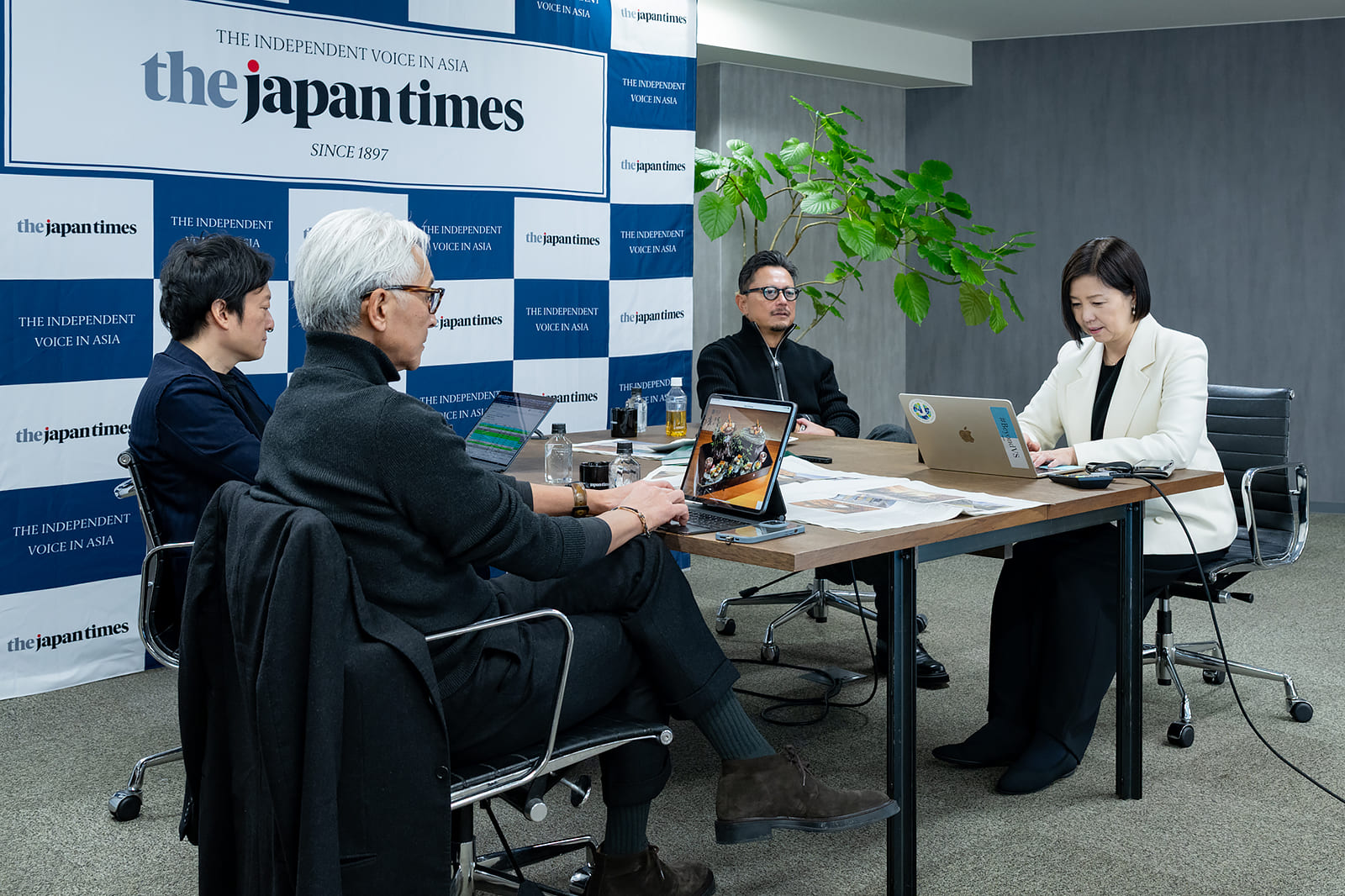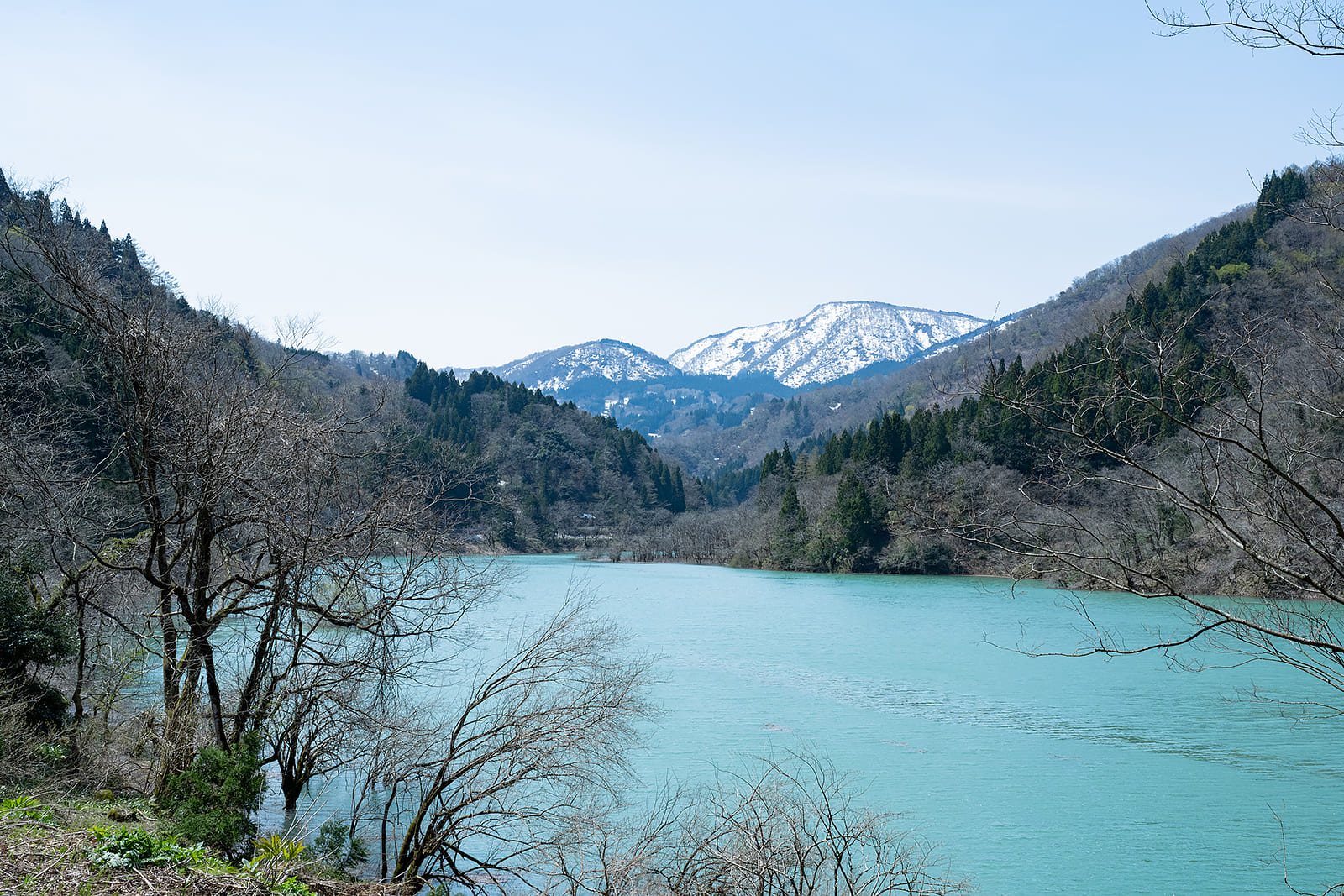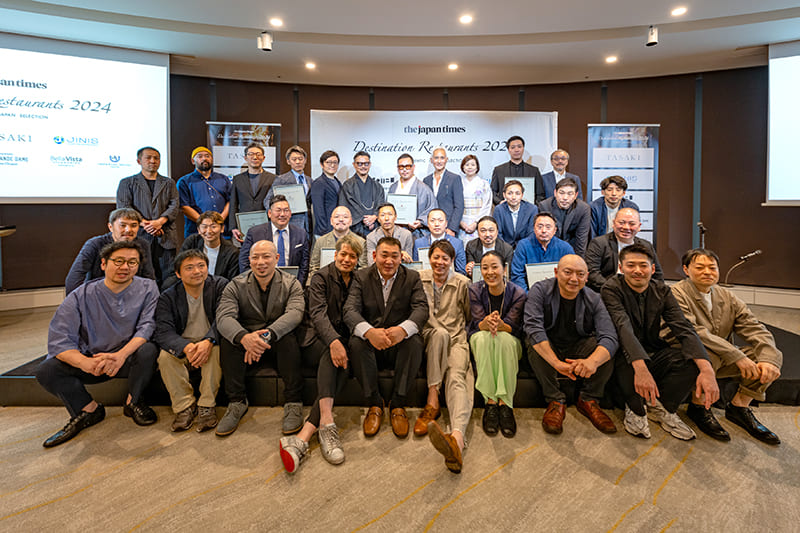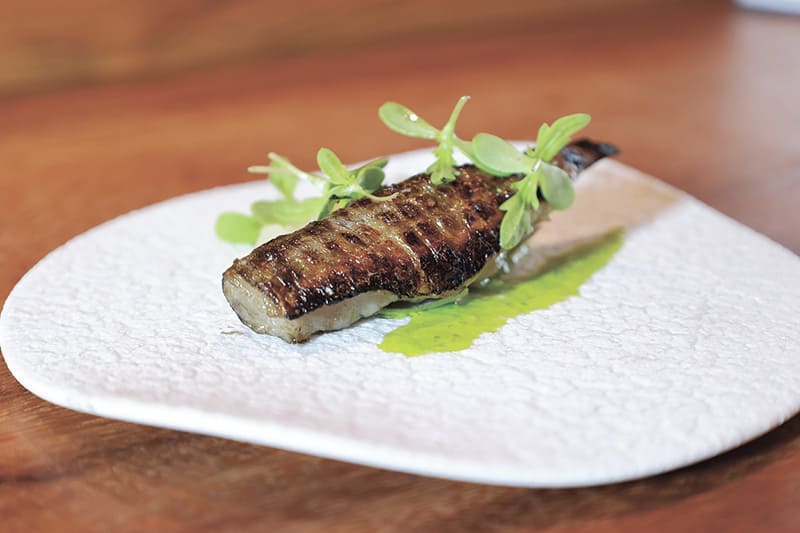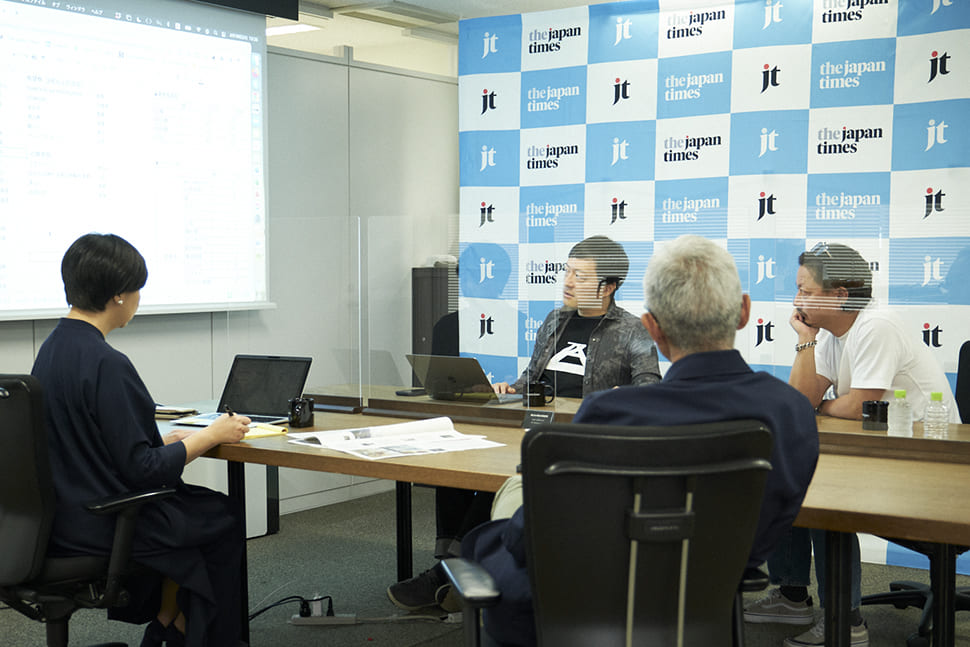May 24, 2024
Judges see progress in regional restaurants
In late February 2024, three judges gathered at the main offices of The Japan Times in Tokyo to select the winners of Destination Restaurants 2024, the program’s fourth year. Over the 12 months since last year’s list was chosen, Yoshiki Tsuji, Naoyuki Honda and Takefumi Hamada had eaten their way across Japan. Having already narrowed down a list of around 120 restaurants to fewer than 20, they embarked on the final selection process. Restaurants of all genres were eligible, so long as they were not among the 30 previously chosen in the competitions between 2021 and 2023 and were not in the 23 wards of Tokyo or any “ordinance-designated city” (with populations over 500,000).
As each of the candidates has its own charm, expressing the distinctive personality of its chef and characteristics of the area in which it is located, discussion was intense. The judges unanimously selected Elezo Esprit, a wild game restaurant set in the unspoiled coastal surroundings of Hokkaido’s Nakagawa district, as the Destination Restaurant of the Year 2024.
“Chef Shota Sasaki had for some time been taking wild game caught in Hokkaido to Tokyo to serve to diners,” Tsuji said. “In October 2022, he created a system in which every step involved in serving his incredibly tasty dishes could be completed locally, opening a restaurant and accommodation facility right beside a perfect hunting ground, with a meat-processing plant nearby. It’s an outstanding example of the way in which ingredients are only elevated into something unique when a chef pays this much attention to detail.”
Honda strongly recommended Shintaku, a restaurant specializing in Japanese cuisine in Murakami, Niigata Prefecture. “Current proprietor Shinsuke Yamagai is the fifth generation of his family to run Shintaku, which was founded in the 19th century, at the end of the Edo Period. While the restaurant’s spacious building was used for large banquets until his father’s time, Shinsuke resolved to change course and took the bold step of running a more spatially compact operation. He creates highly original dishes using only ingredients produced in Murakami, including fish caught in nets by his younger brother. Reaching this level of mastery must have taken considerable effort,” he said.
Hamada, on the other hand, extolled the virtues of Ebitei-Bekkan in Toyama. “Fourth-generation owner Kentaro Mura has moved the restaurant where he shows off his talent to a small new building in the city. Both these establishments serve as role models for how chefs who have taken over restaurants that expanded during Japan’s era of high economic growth, can adapt and evolve in response to changing times,” he said.
Also making the list was another specialist in Japanese cuisine, Ipponsugi Kawashima, located in Nanao, Ishikawa Prefecture, which suffered catastrophic damage in the earthquake that struck the Noto Peninsula on New Year’s Day. We would like to express our sincere gratitude to proprietor Toru Kawashima, who was gracious enough to accept the award, even though the restaurant was still without running water when we got in touch about the listing in late February. Ipponsugi Kawashima’s name previously emerged as a strong contender during judging for the 2023 award, due to the level of perfection achieved by its dishes in representing the Noto region on a plate. As well as expressing the support of everyone at The Japan Times, we would like to append a comment from Hamada: “We certainly didn’t choose it just because of the earthquake.”
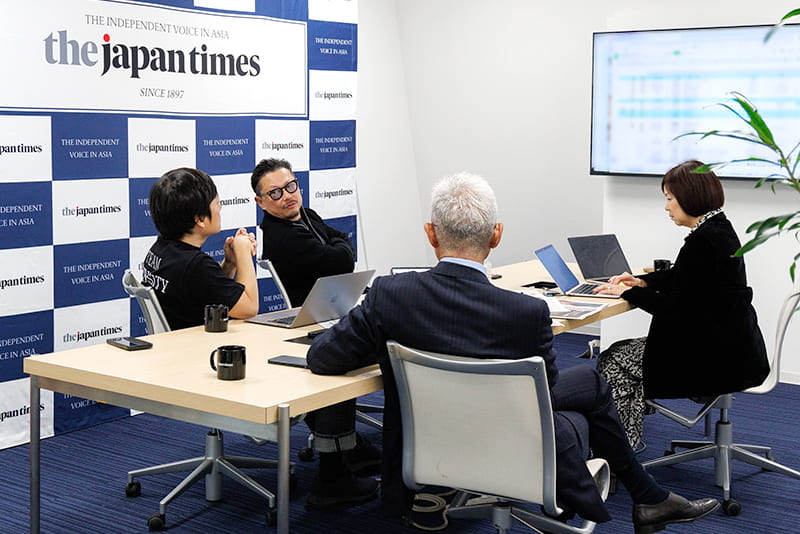
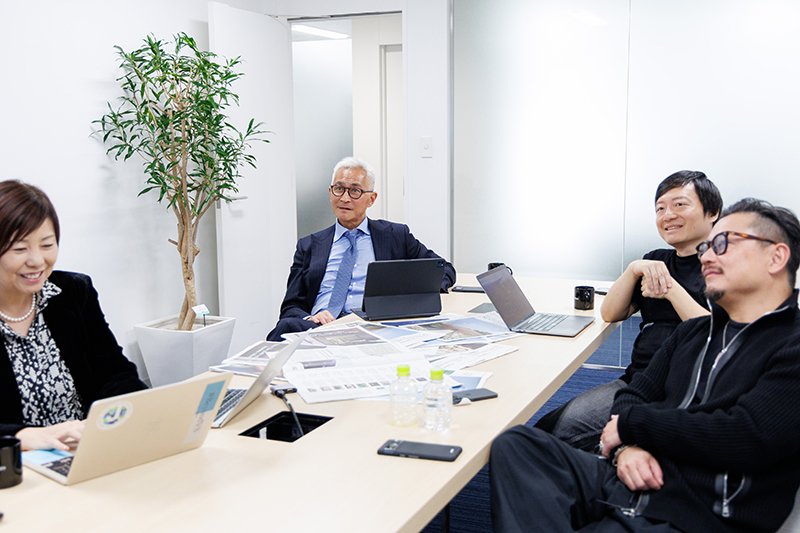
Comments by the three judges
YOSHIKI TSUJI
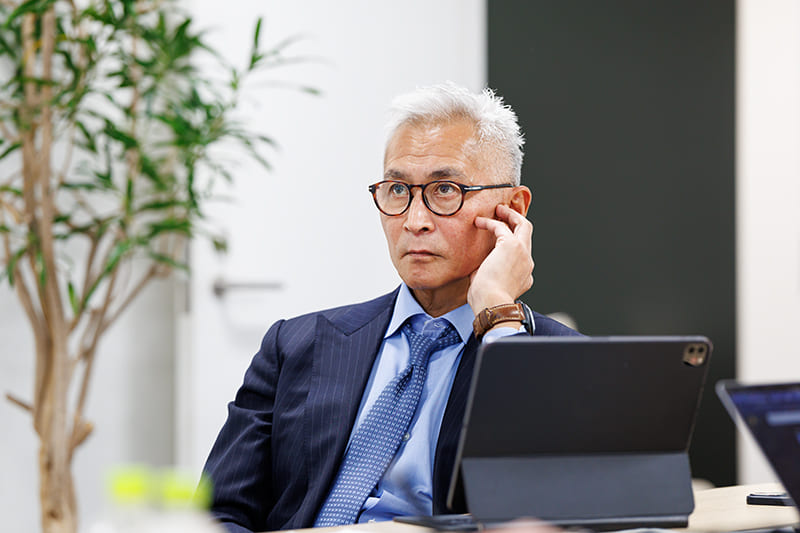
Headmaster of the Tsuji Culinary Institute and president of the Tsujicho Group
Yoshiki Tsuji heads schools in Osaka, Tokyo and France that groom would-be food professionals, sending over 140,000 graduates into the food service industry in Japan as well as abroad. At the Group of 20 summit in Osaka in 2019, he served as executive producer of a dinner for heads of state. He has contributed to the development of food culture, serving on a committee screening nominees for the Ministry of Agriculture, Forestry and Fisheries’ Ryori Masters (Masters of Cooking) award program. He has also lectured in various places in Japan and overseas. Tsuji was awarded France’s National Order of Merit in 2018.
PHOTOS: HARUO MOTOHASHI
The Destination Restaurants award does not simply commend chefs — rather, this accolade both recognizes chefs whose cooking is strongly rooted in their local region and celebrates the gastronomic treats unique to that area. It also serves as a list that will help inbound visitors from across the globe to become more closely acquainted with Japan’s richly complex culinary culture.
Merely highlighting values such as sustainability and local production for local consumption is not enough to enable guests to discern the distinctive features of a region. Ways to express what delights the palate and culinary values alike have changed continually through the ages, reflecting the environment, politics, art and aesthetics of each particular time. There are also universal definitions of tastiness — and here, the challenge for a chef is to show off their skill in combining well-matched ingredients and in using temperature and cooking techniques to create a harmony of flavors free from dissonance. Yet even this continues to evolve with the times.
It is against this backdrop that the 40 restaurants recognized with this award to date have demonstrated high standards in meeting our criteria. As figures who symbolize and uphold local culture, these chefs also play a crucial role in reviving its lost elements. At the same time, Japanese chefs — unlike those in France, where farms, fisheries, processers, restaurants and accommodation providers function as part of an integrated whole — have to build a system from scratch, in a sense. They shoulder the weighty responsibility of revitalizing local cultures and economies with scant support from accommodation facilities and government bodies. My hope is that, through this award, we can commend their efforts and support regional Japan.
NAOYUKI HONDA
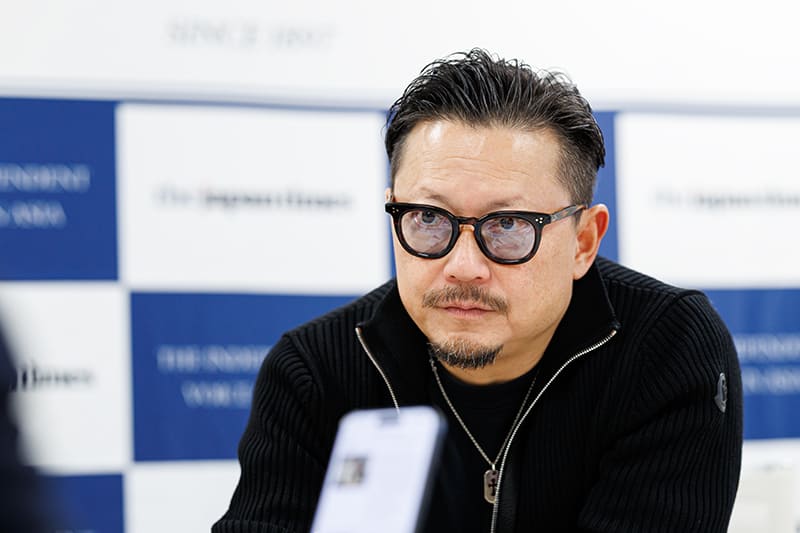
President and CEO, Leverage Consulting Inc.
Based in Hawaii and Tokyo, Naoyuki Honda seamlessly integrates business and pleasure in a lifestyle that includes frequent travel through Japan, Europe and other parts of the world. He has written over 75 books selling over 3 million copies, including “Naze Nihonjin Shefu wa Sekai de Shobu Dekita no ka” (“Why These Japanese Chefs Have Been Globally Successful”). He is in constant pursuit of excellent food, whether from street stalls, local eateries or restaurants with three Michelin stars. Honda also produces events such as Dream Dusk, a collaborative dinner by leading chefs, and Chef’s Gathering, an event for and by top chefs.
At the innovative inn Enowa in Yufuin, Oita Prefecture, the executive chef is Tashi Gyamtso, who hails from Tibet and served as sous-chef at Blue Hill at Stone Barns near New York City, the restaurant that introduced the world to the concept of “farm-to-table.” The dedication of both chef and owner is evident in the way Gyamtso tends his own field of vegetables and herbs, and in the way he began visiting local producers three years before opening to build relationships of trust with them. He is also a symbol of the growing prominence of non-Japanese chefs playing an active role in regional Japan.
At Mauvaise herbe, a French restaurant in the central part of Okinawa Prefecture’s main island, chef Keiji Ojima is a true artist. One can see the restaurant is filled solely with what he considers to be the best items, down to the tiniest objects. With dishes conjured almost entirely from ingredients harvested in Okinawa — the condiments being the sole exception — a meal here is a precious experience.
The Italian restaurant Ventinove in Gunma Prefecture’s Tone district offers meat dishes prepared in a wood-fired stove in the style of Dario Cecchini by a chef who was raised from childhood on wood-fired cooking. All the chefs selected for Destination Restaurants maintain strong ties to their surrounding area and are battling tenaciously, but their vision is still not fully reaching local people. As such, this award is significant as a means of communicating their messages to locals and people overseas alike.
TAKEFUMI HAMADA
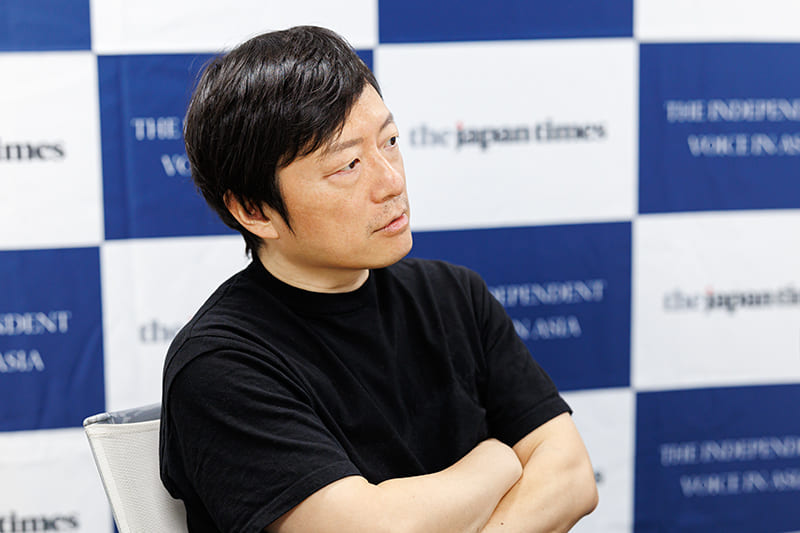
CEO, Access All Areas Inc.
Takefumi Hamada has been the top-ranked restaurant reviewer for six consecutive years as determined by the OAD (Opinionated About Dining) Top Restaurants, having dined at the best restaurants in 127 countries and regions around the world. He is an adviser to businesses in entertainment, food and hospitality, as well as an investor in food technology startups. Hamada has a background in finance, starting his career as an investment banker before moving on to private equity. He holds a B.A. magna cum laude with distinction in political science from Yale University.
Ispend half the year eating my way around the world and the other half trying out restaurants across Japan. Gunma Prefecture’s Ventinove is just one of the growing number of excellent restaurants springing up in areas that have not conventionally been associated with gourmet dining. Conversely, there are also regions that have long been blessed with outstanding ingredients, such as Matsusaka in Mie Prefecture. What makes this city’s Chinese restaurant Shibosai Kitagawa innovative is that while Matsusaka beef and Ise-ebi lobster are translated into even more appealing gems, the menu certainly does not lean on these brand-name ingredients alone. Even its vegetable-focused appetizers are sufficient to impress diners, showcasing owner-chef Yoshihiro Kitagawa’s outstanding skill. Ca’enne, advertising itself as a specialist in Italian wood-fired cuisine, is located near a cluster of vacation homes in the town of Tateshina near Chino, Nagano Prefecture. The restaurant makes full use of fermentation and preservation techniques, achieving an exquisite balance of dishes that will appeal to all. The significance of its location is explored in the menu’s offering of prosciutto-style ham that incorporates kōji mold from sake brewing into the traditional Italian curing process. Chisou Nishi Kenichi is a French restaurant opened by owner-chef Kenichi Nishi after moving from Hiroshima Prefecture to Yaizu in Shizuoka Prefecture, as he wished to use fish fresh from Sasue Maeda Fish Shop. Whereas fellow Destination Restaurants 2022 listee Chakaiseki Onjaku employs a traditionally Japanese approach in spotlighting fish sourced from Sasue Maeda, the appeal of this fishmonger’s produce finds expression in Western forms at Chisou Nishi Kenichi. Blazing a trail with agile approaches to the use of ingredients in order to enable the flower of gastronomy to bloom is where the true meaning of creating fine cuisine in Japan’s regions lies. Once again, the chefs selected this year demonstrate a powerful awareness of this fact.
今年も日本各地から珠玉の10店が選ばれた。
2月下旬、ジャパンタイムズ本社にて、4回目となる「Destination Restaurants」の選考会が行われた。今年も1年をかけて食べ歩いてきた辻芳樹、本田直之、浜田岳文の3氏が審査にあたった。選考対象は2021年(第一回)〜2023年(第三回)に選出された30店を除外した「東京23区と政令市を除く」日本各地の全ジャンルのレストランだ。
シェフ自らの、そしてその土地そのものの個性を表現する候補店はそれぞれ魅力があり、議論は白熱したが、3人の満場一致で北海道中川郡でジビエ料理を提供する『エレゾ エスプリ』が「The Destination Restaurant of the Year 2024」に決定した。
今年元日に発生した令和6年能登半島地震によって甚大な被害を被った石川県七尾市の日本料理店『一本杉川嶋』もリストに名を連ねた。同店は能登という土地を表現する料理の完成度から、昨年の審査より候補として名前が上がっていた実力店。「決して同情票ではない」という審査員・浜田の言葉を、ジャパンタイムズ一同からの応援と共に添えたい。
Return to Sustainable Japan Magazine Vol. 36 article list page

